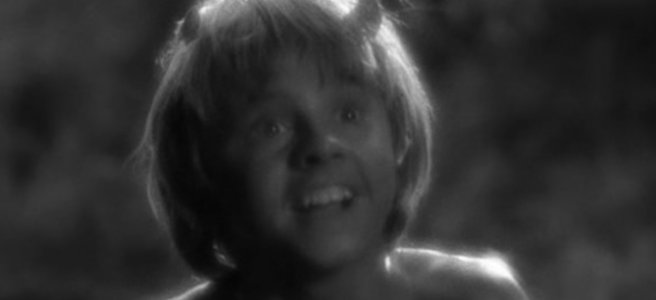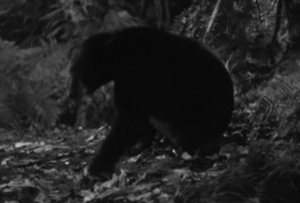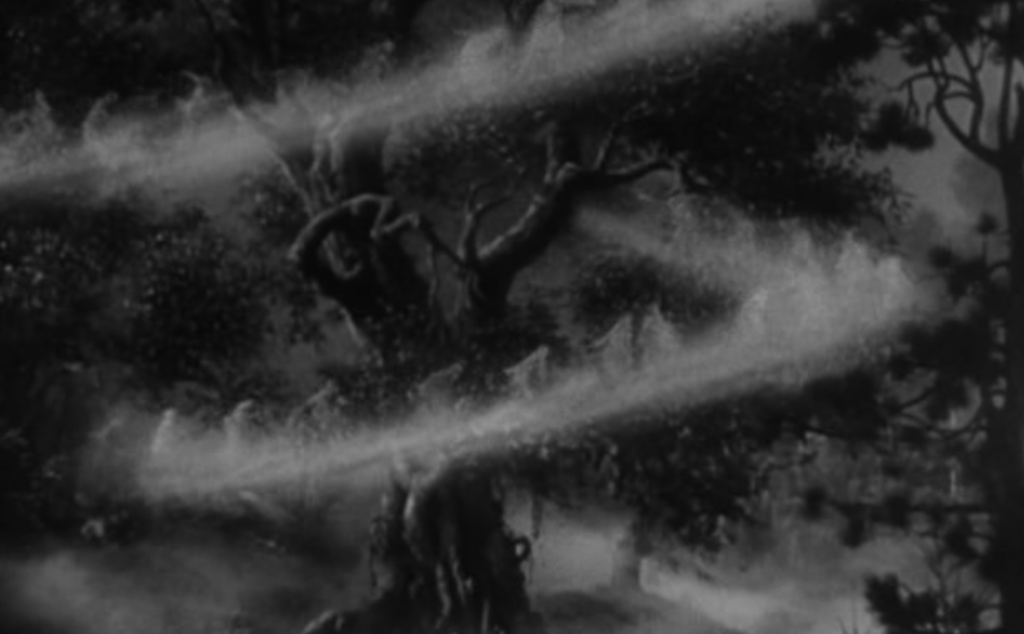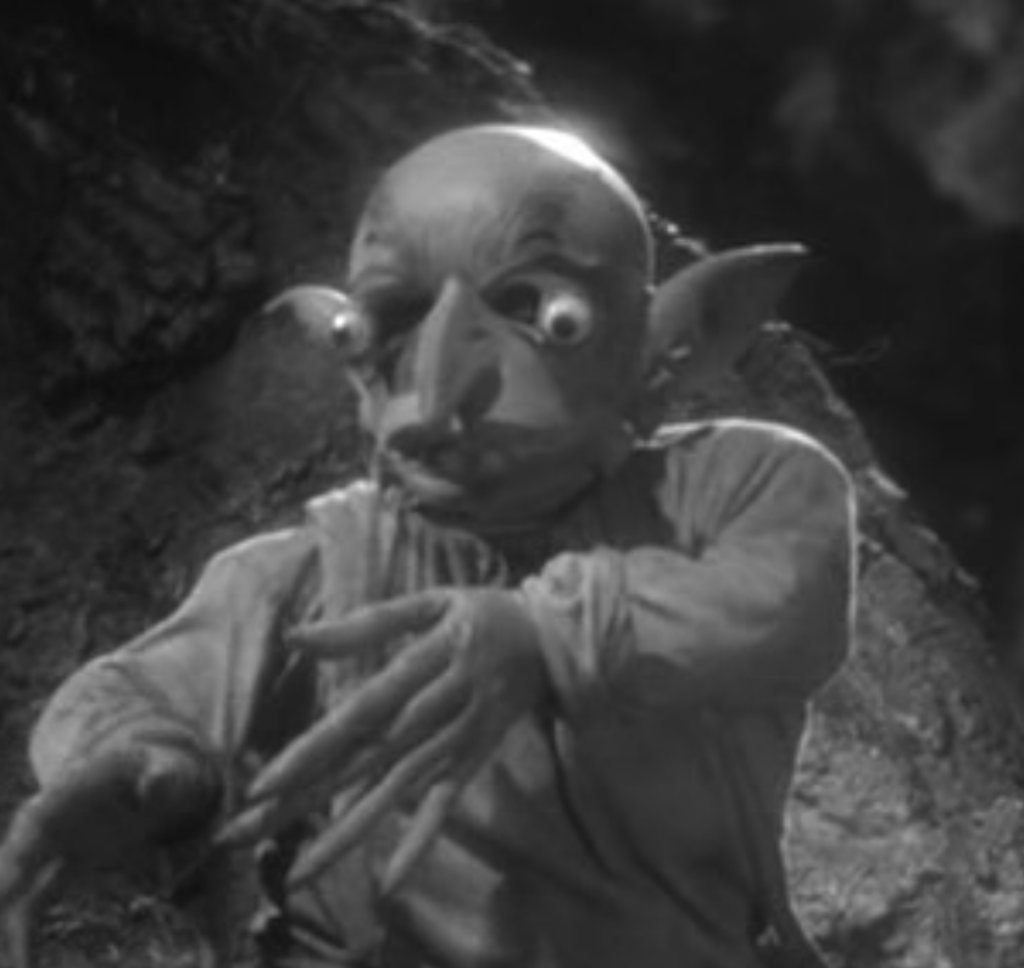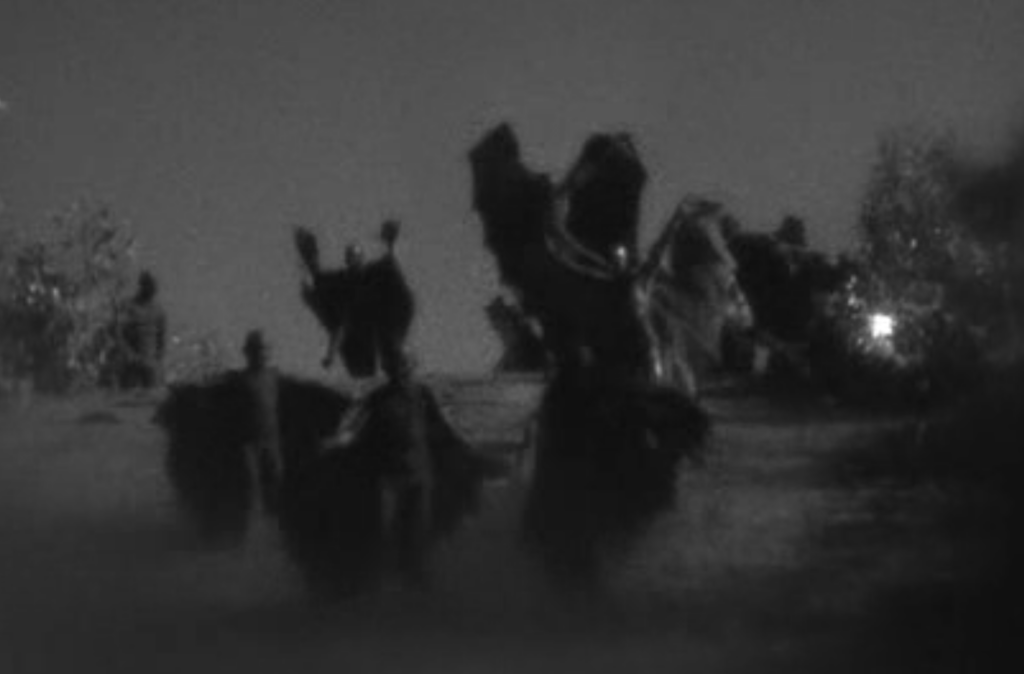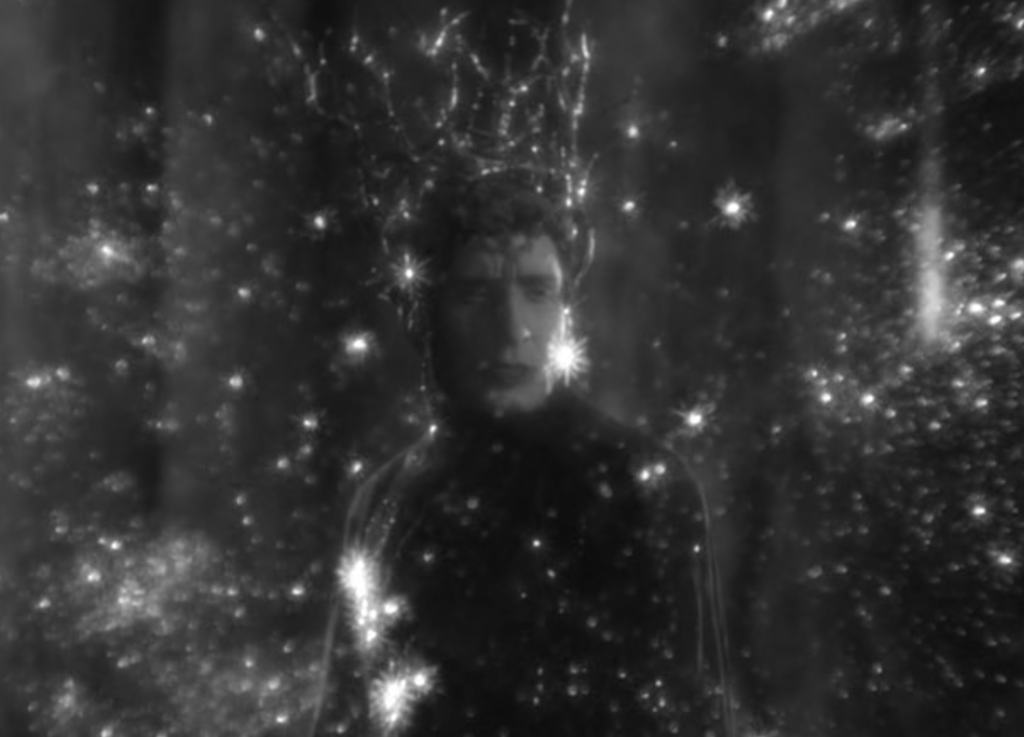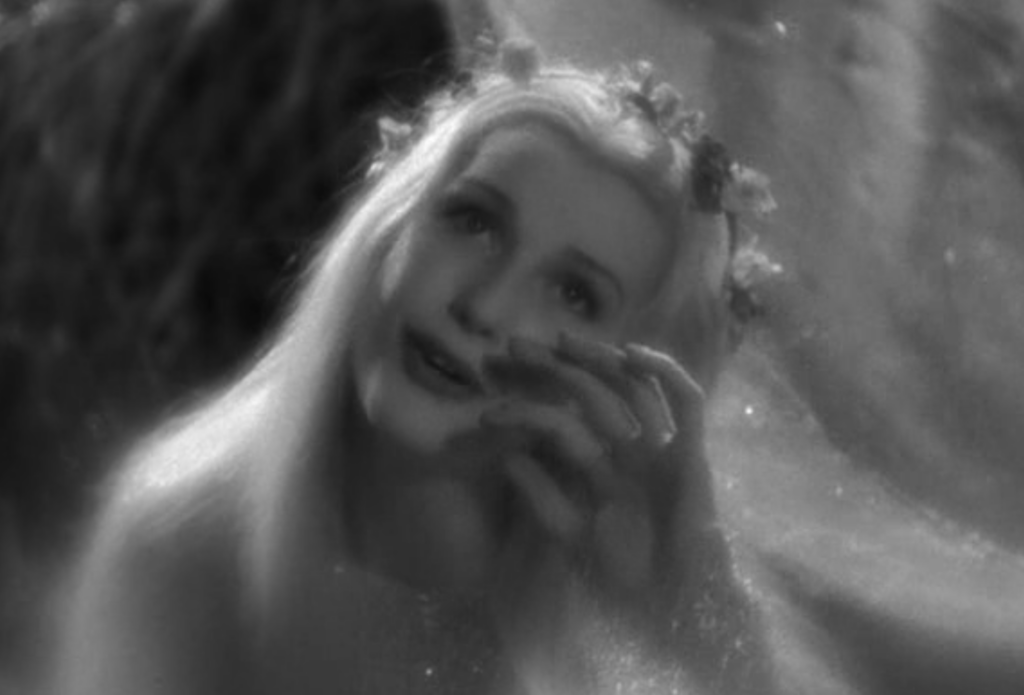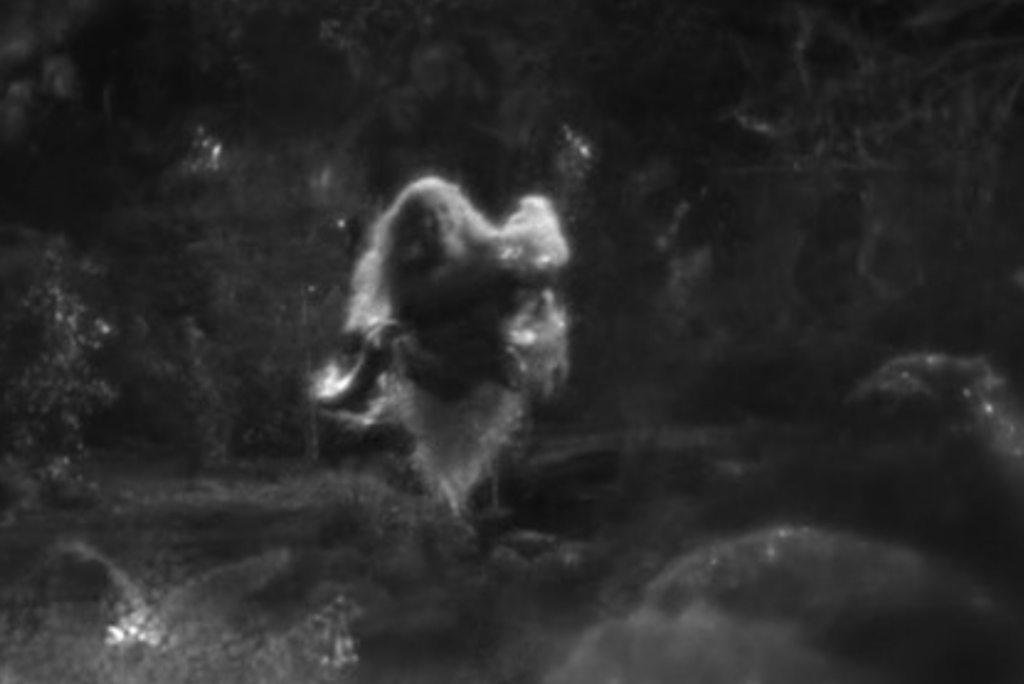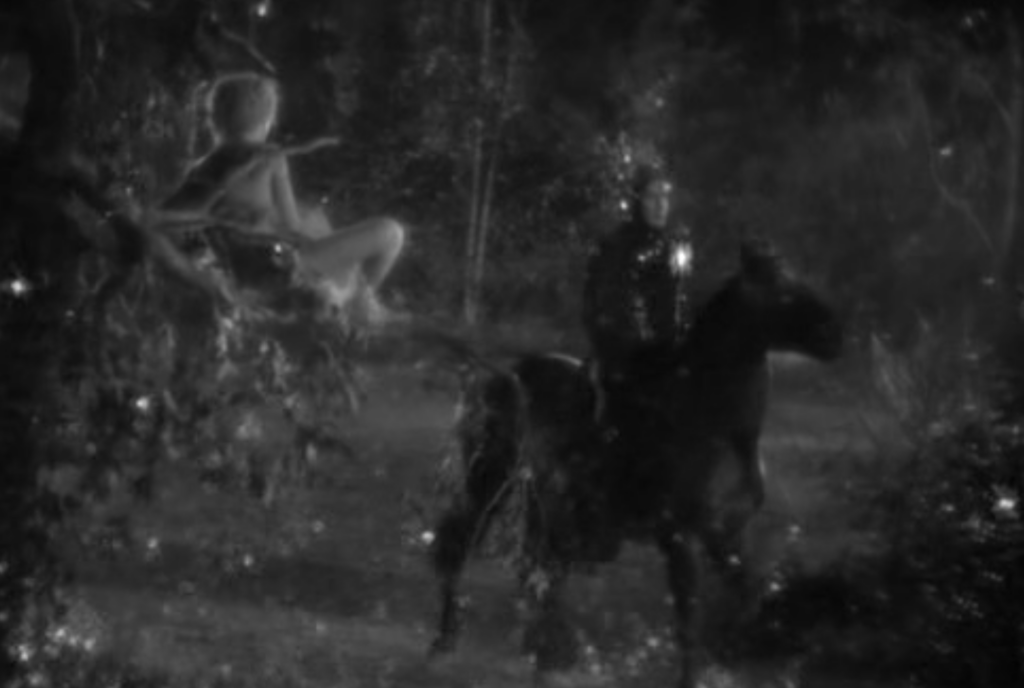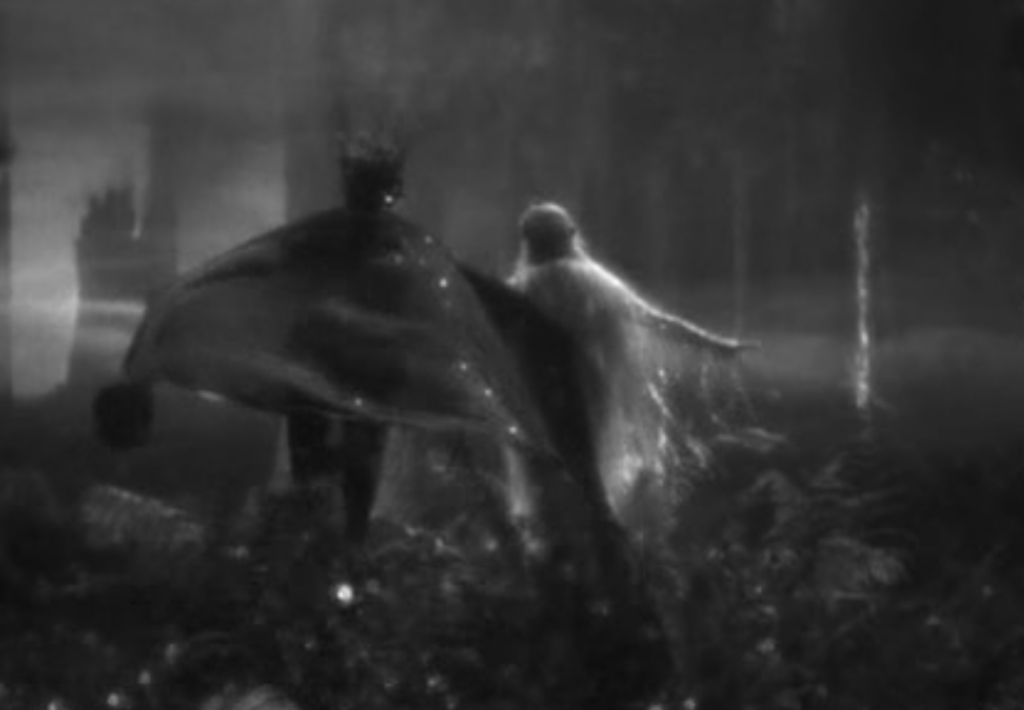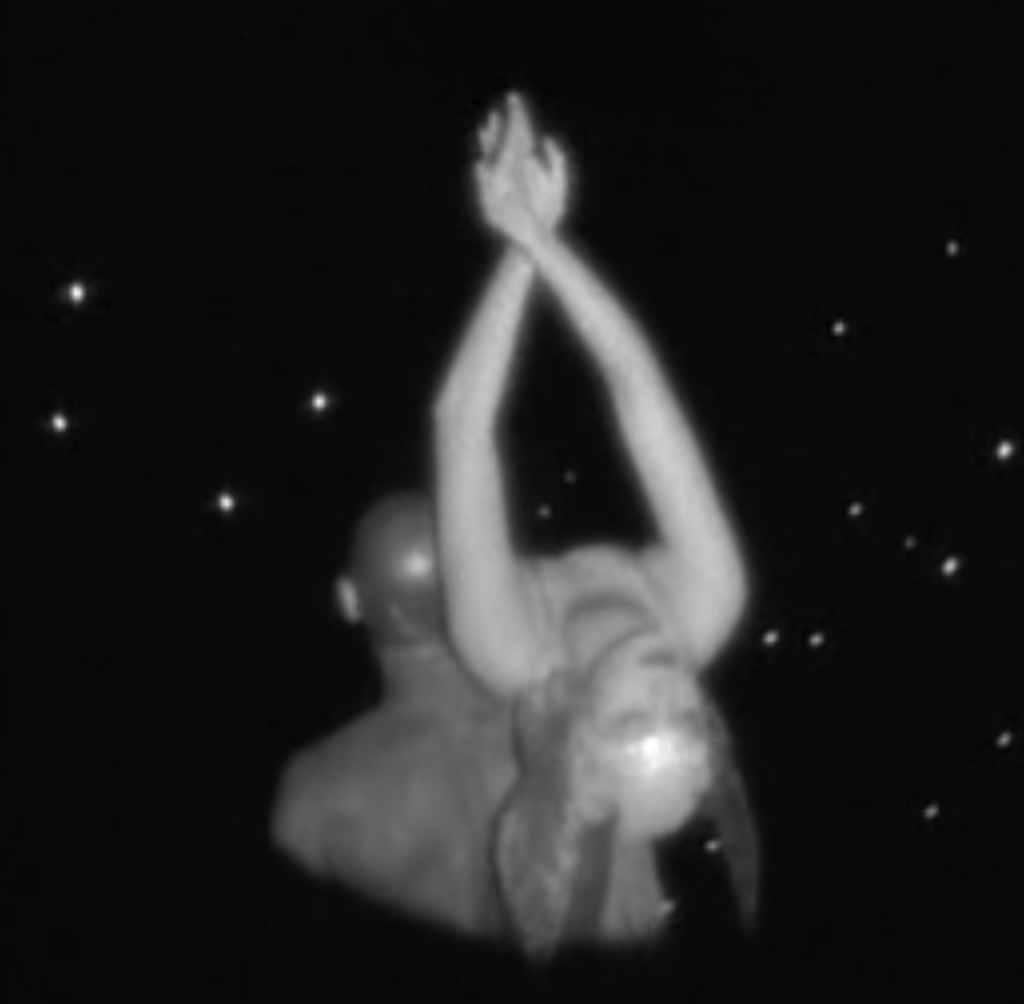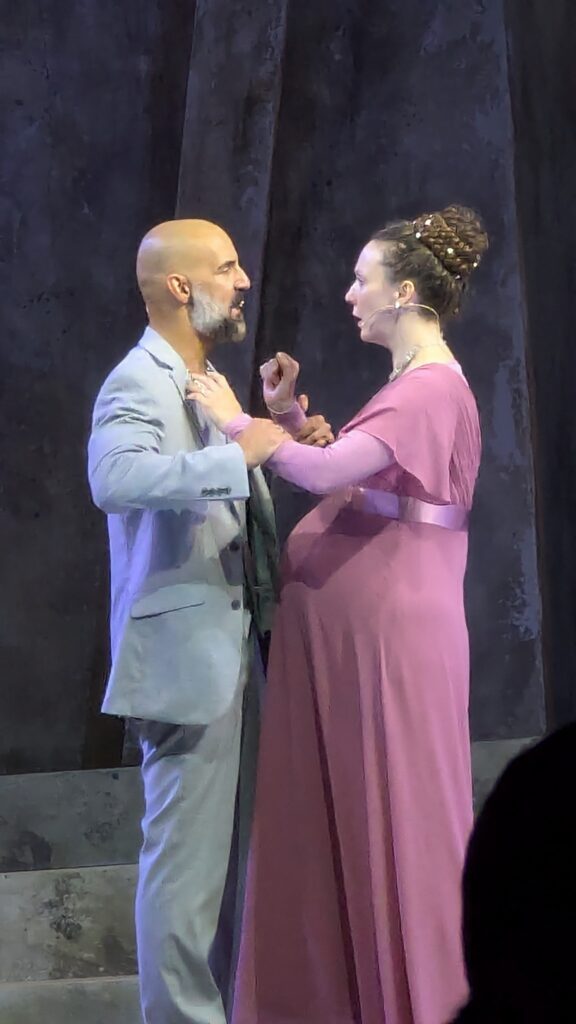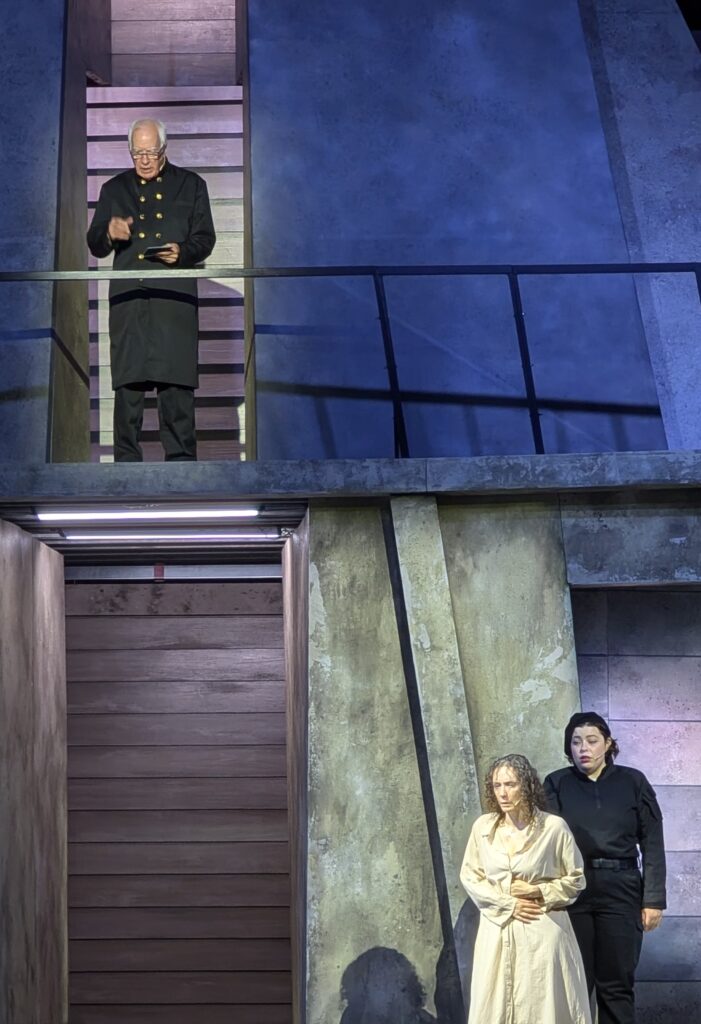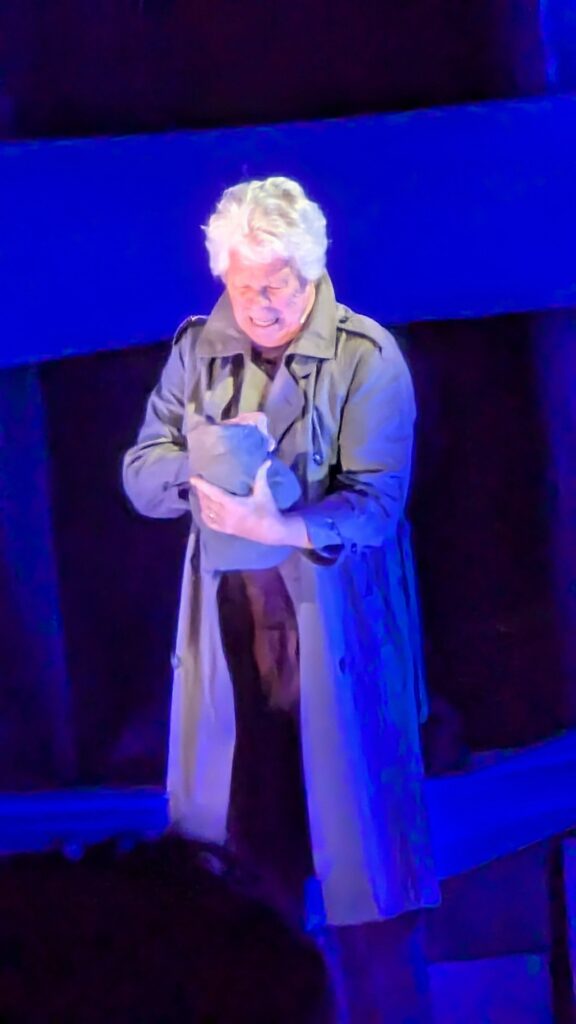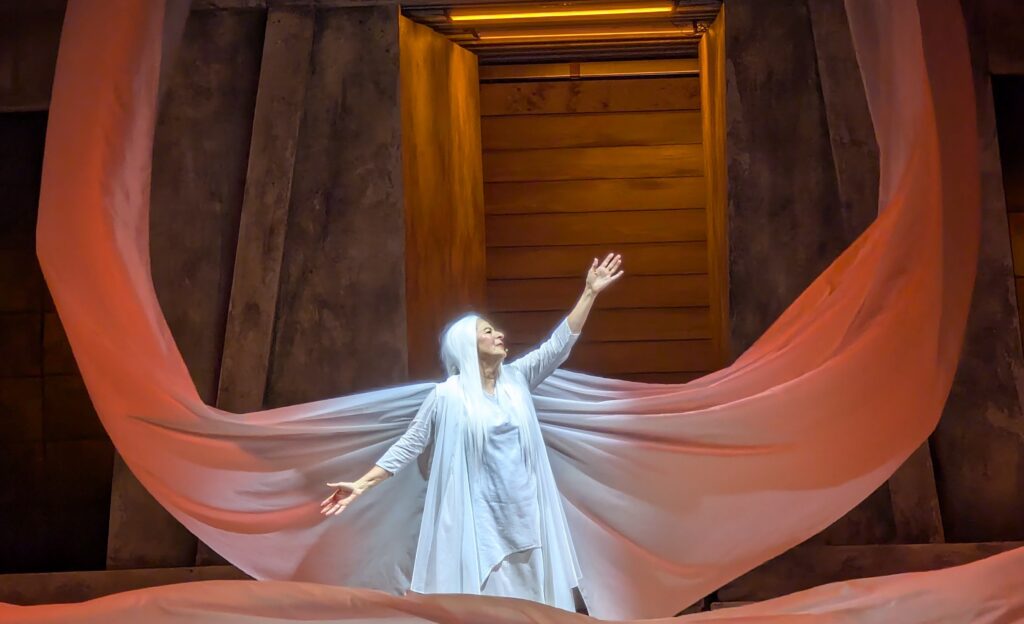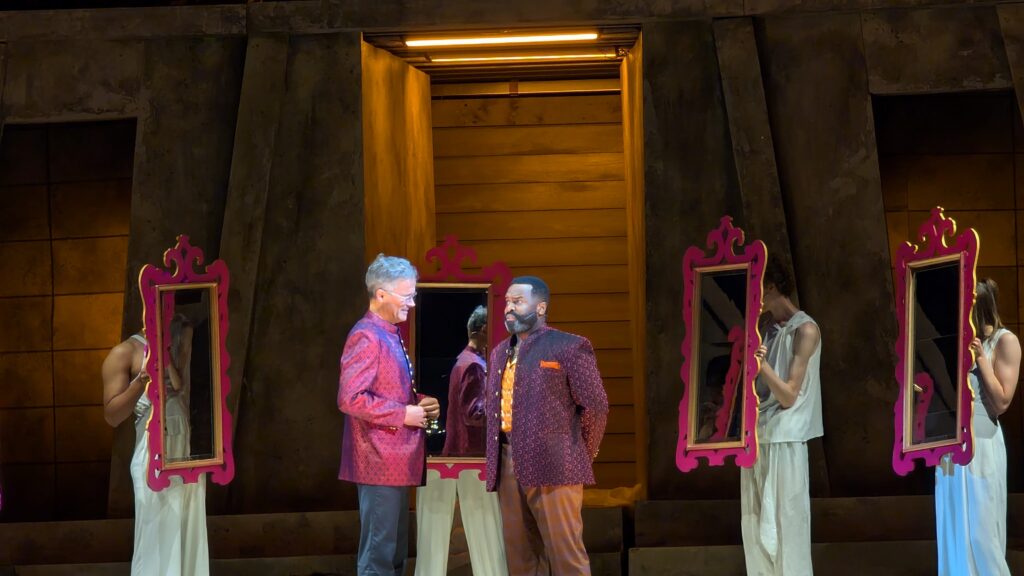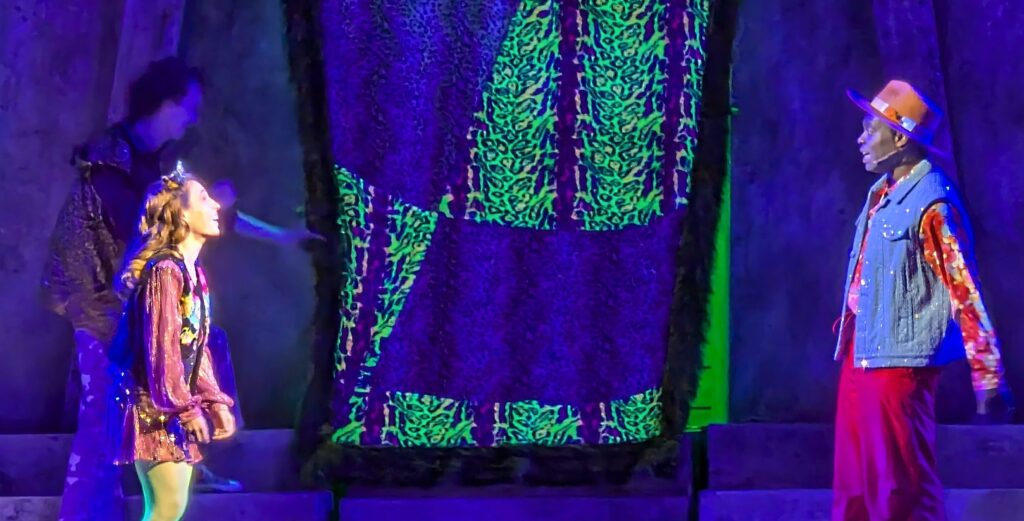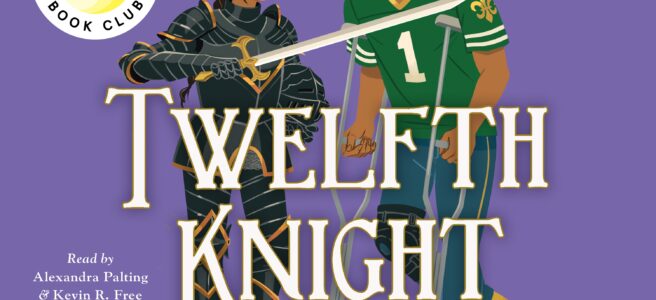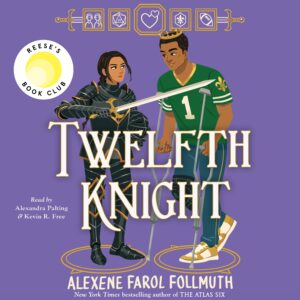For Christmas this year, the geeklets all got together and sent us to Broadway to see Romeo and Juliet, starring Rachel Zegler and Kit Connor! Of course, being the wrong generation, we don’t have any context for who these two young actors are, but it’s Shakespeare on Broadway; that’s all that matters to me. I might be the only one who feels that way, but I don’t care!
A quick word about the theatre (Circe in the Square), because it’s important context here. The most important thing they wanted us to know is no cameras, at all. Don’t even take your phone out. If we catch you, you’ll be kicked out. They said this multiple times. They walked around carrying big signs that said it. When the lights went down, they shone flashlights on people who didn’t listen (or didn’t care), but I didn’t see anybody kicked out.
I say this to excuse the lack of pictures. The few I added here, because a blog post demands at least one picture, are grabbed from the official website. You can check it out (linked above), for more “official” photos. I’m sure they put this policy in place because if they didn’t, it’d be nothing but people trying to record the young stars. It is a shame because it makes it seem like they’re hiding something. Do you know another reason for not letting people record? It’s when you don’t think you have a quality product and don’t want the word to spread.
On With The Show
The theatre is “in the round,” so we’ve got a plain black disk of a stage dead center and seats all around. There are exits/entrances at opposite ends, with elevated platforms. There’s some sort of “stuffed animal” theme going on, with a shopping carriage full of them on stage, and a giant one (as in, more than human sized) taking up one of the elevated platforms. I’m guessing this is supposed to remind us that these characters are children. But they don’t otherwise play much of a role, they’re just there.
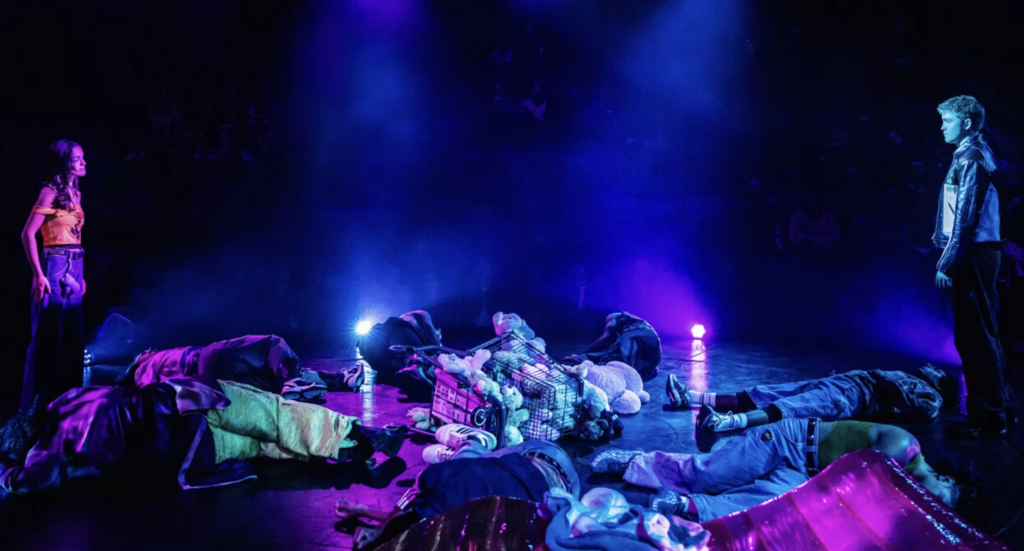
Then comes a fascinating move I’ve never seen before, and probably cost a lot of the budget. Picture a flat black disk, like I said. Now imagine it’s a piece of paper, folded down the middle. And one of the pieces starts rising up like you’re folding the paper in half. WTF is going on here? From where we sat it reminded me suddenly of A Midsummer Night’s Dream, talking through the wall. But as it comes all the way down we see that underneath is something I can’t quite explain. It’s all multicolored, perhaps like a garden? Wildflowers? It also looks a bit like a whole bunch of stuffed animals. But I’m pretty sure it wasn’t that — pieces of the floor go flying every now and then (sometimes thrown) and it appears to just be multi-colored foam.
This was a practical choice because this is where all the fight scenes happen. Whenever somebody’s getting thrown around the stage, they’ve got a soft landing. Other than that, I couldn’t entirely place what “scene” it did or did not represent.
The big centerpiece was Juliet’s bed / balcony. The first time it comes down from the ceiling on big heavy columns, complete with a ladder for her to exit. That’s kind of cool. Later it comes down on metal cables and I wonder why the difference, but then I see — the cables bring it all the way to the floor, where they are unclipped (or reclipped, when it needs to go back up). (In one scene, much of the cast quietly assembles under the bed, presumably as a safety measure. I do admit to wondering what would have happened if a cable or clip failed.)
Give The People What They Want
Ok, let’s talk about the performance. This crowd was clearly there to see the stars. The young woman behind us had already seen the show but was now seeing it again, because she did not get Rachel Zegler’s autograph at stagedoor. Sadly, a predicted winter storm came in during the show, and stage door was canceled for this performance. Maybe she’ll get to go again while it’s still up.

But seriously. When they hand Zegler a microphone, the crowd goes crazy. Is this a musical? There were hints that this was a musical. It’s a musical in the sense of “People want to hear Rachel Zegler sing,” which she does a few times. There’s more music in the form of a few group dance numbers. But nobody’s singing any dialogue.
Was That Always A Laugh Line?
This was a funny production. We laughed, a lot. The comic timing and delivery of the stars was spot on. They could get the audience laughing in the silences as well as the spoken dialogue.
But … maybe a little *too* much? The balcony scene, for example, was a laugh riot. People laughed at “She speaks!” and “But she says nothing” and “Speak again bright angel.” Hmm. They laughed when Mercutio died. They laughed when Nurse found Juliet’s body. I understand that laughter is the easiest way to interact with the audience, but i definitely think that sometimes they forgot to stop playing it for comedy.
Meanwhile the lines that Shakespeare did write as laugh lines? Like when Juliet says, “How can you say you’re out of breath when you still have enough breath to say you’re out of breath?” Got *nothing*.
A Rumble Ain’t A Rumble Without Mercutio In It
There are no swords in the play. Also, no guns. The violence for me was kind of like West Side Story meets Outsiders? Whenever Capulets and Montagues met, there was a fight. Many bodies going at it, wrestling, tossing each other around, throwing punches. Several times characters are bloodied. I’m fine with this, this works. You get the feeling that nobody’s thinking about this anymore, nobody (except Benvolio of course) is thinking, wait, why are we fighting? It’s become animalistic. No problems with that.
But people have to die in this play, and that’s where it gets confusing. Were Mercutio and Tybalt stabbed, or only beaten to death? We need a weapon because Mercutio needs to be mortally wounded in one quick instant. So there is a blade brandished at one point, to establish that it’s in play. Maybe it was the blocking, maybe it’s where I was sitting, but I never saw the mortal blow. I saw Mercutio show the audience that there was a knife, then there’s a tussle, then everybody’s screaming and parting and there’s blood and a dying Mercutio. The Tybalt fight was even worse from my angle because we clearly got to watch Romeo pummeling Tybalt into a bloody mess and you really did think that he was going to simply beat him to death.
Double, Double …. Double, Double
Ok, now let’s talk about the questionable decisions. This production was doubled like nothing I’d ever seen before.
Mercutio / Friar Lawrence / Prince – In a practical sense this one can work, it was just weird. For one, there’s not actually a Prince character. The actress handling this triple role acted more like a narrator, holding a hand mic we could all see, and turning the prince’s parts into almost Chorus-like parts with lines line, “And the Prince decreed….” This includes the wrap up at the end. But for Friar Lawrence and Mercutio, the major difference she went with was voices. Lawrence was more high-pitched and a little nerdy. Mercutio, sadly, was “stoner bro.” While worked to illicit laughs from the audience, it reduced Mercutio to *only* laughs from the audience. “Bro, I am hurt.” *laugh* “Tis a scratch.” *laugh* You don’t get the full gravity of what just happened if you didn’t see Mercutio as a fully formed character.
Paris / Peter – This one doesn’t impact the story much, it’s just confusing for the audience if they’re not familiar with the scene. There’s this guy that sometimes pops up (it’s not like either of those characters gets much stage time) and, especially as Peter, doesn’t get much introduction. So in one scene he’s asking for Juliet’s hand, and in another he’s following around Nurse as her servant. This is the stuff I think about. Who in the audience is trying to follow the story, and losing track at times like this?
Lord / Lady Capulet – One male actor played both of Juliet’s parents, and it took me a little while to understand what they were doing. At first, I thought they were doing single-parent and just giving one actor all the lines, fine. But then there’s costume / attitude / accent change and I think, two gay dads? That’d be a fun new twist. But no, the text is still mother mother mother, and we still have the “I was your age when I got married” scene and all that. So we’re still to imagine Juliet’s two parents (Romeo’s parents, by the way, are both cut completely), just portrayed by the same actor doing a different voice. Bit hard to follow, and Lord Capulet definitely gets the better end of the deal.
Tybalt / Nurse – Ok, here’s the big head scratcher. You’re going to use the same actor to represent both the arguable villain of the story (and certainly the center of all the violence), with the crazy horny old lady with no filter? Half the time I’ve seen Nurse she’s dressed in long flowing robes and looking vaguely like a nun (ironically, you’d think, given some of her comments).
Here’s our Nurse:

Slash Tybalt:

The actress did an admirable job with the role, don’t get me wrong. I question the choice to double, not the performance. When Tybalt (who is 5’11”, by the way, from her bio) enters, you get a clear feeling of, “Oh shit, Tybalt’s here, things are going to get violent.” But then with a quick costume change (often into what I believe was a sort of corset and skirt) she’s supposed to be this woman who takes care of Juliet that’s supposed to at least be old enough to be her mother but instead comes across more like the old “gay best friend” trope. Not to mention the obvious confusion where we watch Tybalt die, violently, only to then see Nurse enter, still bloody, screaming that Tybalt is dead.
Yes But How’s The Shakespeare
Not every production strives to be great Shakespeare. We speak of the difference between “Shakespeare productions” and “productions that use Shakespeare as a scaffolding from which to tell the story they want to tell.” This one’s the latter, and that’s fine. It knows its audience. They want to hear and see their young stars, and they want to laugh. They got that.
But I wanted to see some Shakespeare, too. How was it?
Well, it was chopped into pieces, as I already mentioned. No Prince. There are no Romeo’s parents, so there are no scenes with Romeo’s parents. Perhaps the most significant cut was in the whole end sequence, where guess what? Paris lives! Paris was almost an afterthought in this one, they probably would have cut him completely if he wasn’t necessary to move the plot along. There’s no scene where Nurse betrays Juliet and says to marry Paris. There is no Romeo / Paris confrontation at the end. He’s really more like a concept, here. He exists just so Lord Capulet can tell Juliet what to do.
It’s Not Delivery, It’s Digiorno
Speaking of which, let’s talk about delivery. Maybe it was the accent, but Kit Connor was the only one that felt like he was in a Shakespeare production, to me. When he was talking, I was thinking, “I’m watching Shakespeare.” When everybody else was talking I was thinking, “I’m watching people try to speak Shakespeare’s lines.”
Many of them seem to have gone to the school of shouting and pausing. If you’re angry, shout. If you’re saying something deep, pause. It gets the point across, but so does a sledgehammer. The most obvious example was the loudest line of the night….guesses, anybody? You’ll never guess it … Lord Capulet’s “But fettle your fine joints ‘gainst THURSDAY NEXT!!! … to go with Paris” I mean, he screamed those two words for some reason. But later, when talking about the play with my kids, my wife said, “Her father was really horrible to her in that scene.” He certainly got his point across.
Another weird and really out of place one came from our Romeo when he saidscreamed, “Is it even so? Then I DEFY YOU … … … stars.” I remain lost about that decision. It’s a famous line, go ahead and blast it to the back wall. But why’d stars get the short end of the stick? I don’t understand the thinking there.
I Die, Horatio
One more and then I’ll wrap it up. Oh, the ending. Ms. Zegler’s got great comic timing, no question about that. Thankfully, there’s no (intentional) going for the laugh in the final scene. But she’s got to go back to the drawing board on her death scenes. I’ve seen Nick Bottom do a better death scene. I’ve seen Bugs Bunny do a better death scene. She’s alone in the tomb with Romeo’s body. We get none of Friar Laurence running back and forth telling her to flee, it’s just cut down to “Romeo enters, Romeo dies, Juliet wakes, Juliet dies.” She finds the dagger, holds it aloft and announces, “O HAPPY DAGGER!” again so loud that I leaned over to my wife and asked, “Who is she talking to??” and runs herself through.
She then takes what felt like 20 or 30 seconds to die, grunting and groaning and staggering back and forth. Where it got ridiculous for me, though, was that they’d clearly been directed to end with some sort of tableau of her body draped across Romeo’s. Well she’s a tiny little thing and maybe she was in the wrong spot or maybe they just didn’t rehearse it enough. But with her last gasp after all that gasping and wheezing she literally leaps up and hurls herself backwards across Romeo’s body. She doesn’t collapse, she launches herself. You know that thing where you get home from school and you run into your room and you dive into it, landing backwards on a pile of stuffed animals? Basically that. Only she landed on a dead Romeo.
Wrapping It Up
Listen, I’ll never fault people for attempting Shakespeare, especially young actors with a long career ahead of them, Look at how many Shakespeare movies Claire Danes made. Actors work with what they’re given. If you told me that either of the two stars wanted to try their hand at more Shakespeare, I’d check it out. Especially if she doesn’t sing.


